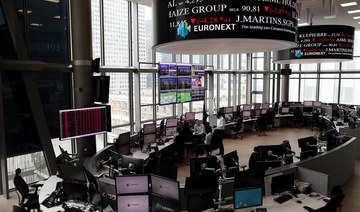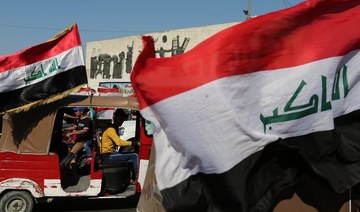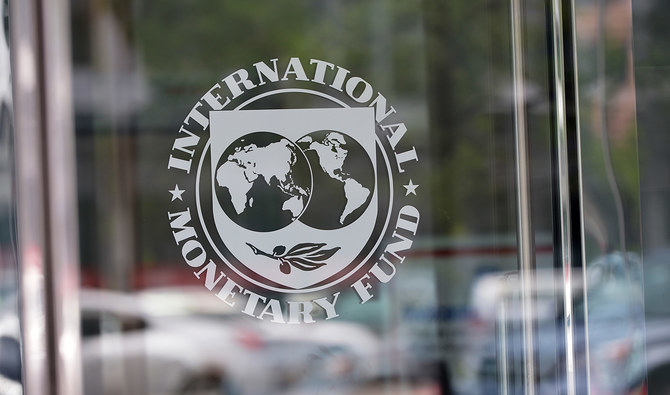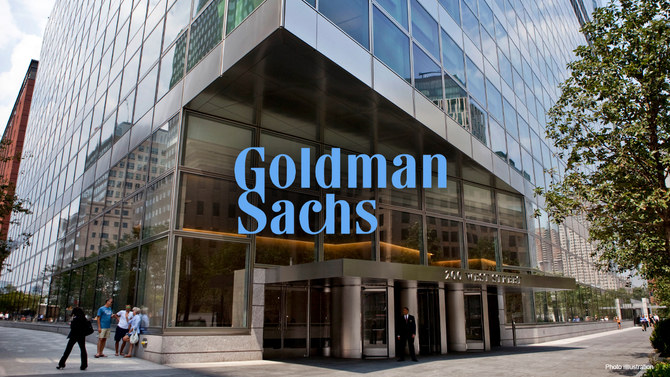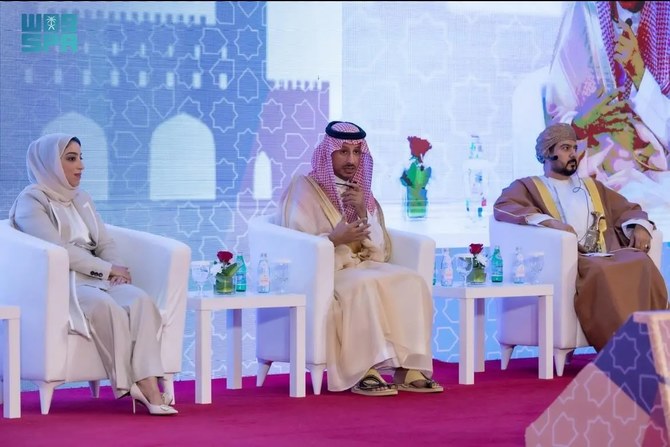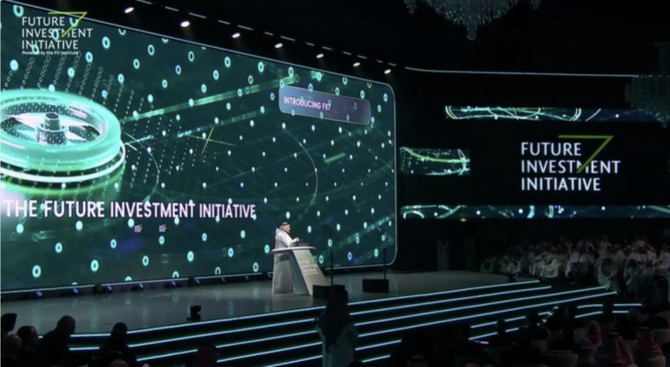LONDON: Oil prices surged on Friday after a US airstrike in Baghdad killed one of Iran’s top military commanders, triggering the first big shock to global energy markets of 2020.
Crude oil jumped by more than 4 percent in early trade after an air strike at Baghdad Airport Friday morning killed Maj. Gen. Qassem Soleimani, the leader of Iran’s elite Quds Force.
Brent Crude and West Texas Intermediate (WTI) oil rose by the most since the Sept. 16, 2019 attacks on Saudi Arabia’s biggest oil processing facility. Gold rose 1 percent on Friday morning while US futures were down by the same measure.
Analysts are now weighing the implications for potential future supply disruptions from the second biggest oil producer in OPEC.
“Iraq is more dangerous today than it was yesterday,” said US-based Jim Burkhard, vice president and head of crude markets at IHS Markit, in a telephone interview with Arab News. “Iraq is now a battleground more than ever for Iran-US hostilities. Iran knows Iraq very well. Iraq has a caretaker government. There is already turbulence because of economic grievances in Basra and the south so this puts Iraqi oil in greater jeopardy.”
While last year’s attacks on tankers in the Gulf and the Abqaiq oil processing facility in Saudi Arabia represented an escalation of tensions between Iran and the US, the impact on the oil price was relatively muted because traders remained focused on global trade tensions and faltering growth.
However that narrative may be changing and Iraq is seen as far less able to bounce back from any potential attack than Saudi Arabia, which was able to quickly restore production last September.
“Much will depend on what happens to Iraqi oil export flows,” said Burkhard. “If you go back to September with Abqaiq, recession fears were greater in the autumn than they are now. Since that time we’ve had some key indicators such as the PMI that have improved. Some of the recession fears that gripped oil market psychology in the autumn lessened over the last month or two. So if we were to lose Iraqi oil, it could have a more lasting impact than the attack on Abqaiq. Where a disruption occurs is quite important and Iraq simply doesn’t have the wherewithal to recover as quickly.”
IHS sees militias such as Badr, Kataib Hizbullah and Asaib Ahl Al-Haq in Iraq as capable of utilizing improvised explosive devices (IED’s), rockets and small arms fire against US bases and energy facilities. It also flagged the potential for Houthi-led attacks on energy, desalination, maritime and aviation targets in the Gulf.
“We are only into the third day of the new year, and a big fat dollop of geopolitical uncertainty has landed on investors desks already this morning,” said Jeffery Halley, senior currency analyst at OANDA. “My first thoughts are that Commander Soleimani was a very big cheese in the Iranian hierarchy, and I am struggling to see how an Iranian riposte will not occur.”
Iraq’s Oil Ministry confirmed that some US citizens employed by international oil companies in Basra were leaving the country, adding that oilfields were operating normally.
Gulf bourses were closed for the weekend as traders digested the news and attention also turned to the security of shipping in the Gulf.
“We expect moderate to low level clashes to last for at least a month and likely be confined to Iraq,” Eurasia’s Iran analyst, Henry Rome, told Reuters. “Iran will also likely resume harassment of commercial shipping in the Gulf and may launch military exercises to temporarily disrupt shipping,” he said.




